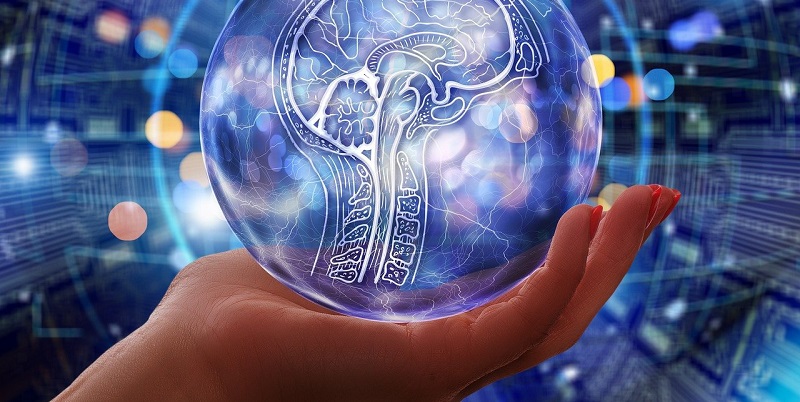Advances in artificial intelligence (AI) offer significant potential for revolutionizing scientific discovery. A groundbreaking study explores how AI can not only predict new scientific breakthroughs but also expand upon them. By building models to predict human inferences and identify the scientists behind them, researchers have unlocked the power of AI to push the boundaries of scientific exploration and generate novel, scientifically promising hypotheses.
Predicting Human Inferences
To harness AI’s predictive capabilities, the researchers developed models that could anticipate the inferences made by human scientists. By analyzing patterns in existing research content and historical data, their models accurately identified potential breakthroughs before they occurred. Moreover, the researchers recognized the criticality of attributing these inferences to specific scientists, emphasizing the importance of understanding scientific collaboration and expertise.
Going Beyond the Scientific Frontier
One of the greatest advantages of a human-aware AI system is its ability to identify blind spots and generate “alien” hypotheses. These alien inferences, considered complementary or outside of traditional scientific knowledge, have the potential to redefine scientific frontiers by offering fresh perspectives and novel approaches. Integrating AI into the scientific process enables researchers to explore new territory and unlock groundbreaking discoveries that would otherwise remain hidden.
Improvement in Predicting Future Discoveries
Through rigorous simulations, the research team demonstrated a 400% improvement using their AI-driven predictive model compared to existing content-focused models. By leveraging AI’s unique ability to identify patterns and trends in research data, their model successfully anticipated future discoveries with remarkable accuracy. This heightened prediction capability holds enormous potential for speeding up scientific progress and empowering researchers with valuable foresight.
Precision in Predicting Scientists
An exceptional aspect of the team’s AI model lies in its ability to predict the specific scientists who would make each significant discovery. Remarkably, the model achieved over 40% precision in attributing discoveries to the correct individuals. This level of precision deepens our understanding of scientific collaboration dynamics and expertise distribution, allowing researchers to tap into the knowledge and skills of the right individuals within a collaborative network.
Alien Inferences Surpass Human Inferences
Intriguingly, the AI model’s alien inferences consistently surpassed human inferences. This superiority can be attributed to the tendency of human scientists to focus on squeezing every bit of discovery from existing theories and approaches. In contrast, AI’s unbiased perspective enables it to explore unconventional and unexplored avenues, unveiling innovative hypotheses and opening new doors to scientific advancement. Embracing alien inferences as scientifically plausible pathways can fuel breakthroughs that elude human comprehension.
Shifting the Framing of AI
To fully realize the potential of AI in scientific discovery, a shift in perspective is warranted. The researchers advocate for moving beyond the term “artificial intelligence” and embracing “radically augmented intelligence.” This reframing acknowledges AI’s role as a catalyst that extends and enhances human cognitive capabilities. By leveraging AI’s complementary strengths, researchers can unlock untapped potential and achieve groundbreaking scientific outcomes.
Expanding Human Capacity through AI
By utilizing AI as a tool for exploration, human capacity is expanded beyond existing methods and collaborations. AI assists scientists in venturing into uncharted territories and generating novel hypotheses, facilitating improved exploration of complex scientific questions. This expansion not only promotes scientific progress but also fosters interdisciplinary collaborations, further strengthening the collective pursuit of knowledge.
Designing AI Systems to Compensate for Human Limitations
Understanding the limitations of human cognitive abilities is crucial in designing effective AI systems. AI can bridge these gaps by compensating for human biases, cognitive limitations, and the tendency to overlook potentially significant findings. Leveraging AI’s complementary intelligence can lead to more objective, comprehensive, and collective knowledge, empowering researchers to make greater strides in discovering the unknown.
The transformative potential of AI in scientific discovery is vast and compelling. This study demonstrates the power of human-aware AI to predict scientific breakthroughs, expand scientific frontiers, and generate novel hypotheses. By embracing AI as radically augmented intelligence, we can transcend the constraints of human cognition, shift scientific paradigms, and achieve collective knowledge that propels humanity forward. As we continue to unlock AI’s capabilities, we are laying the foundation for a new era of scientific exploration and innovation.

